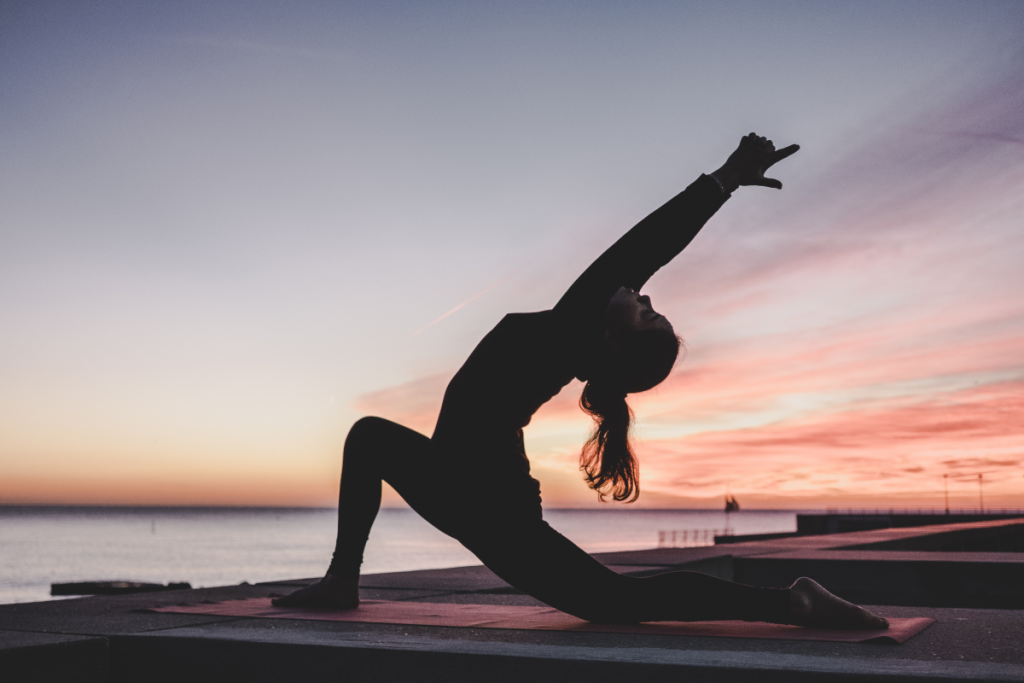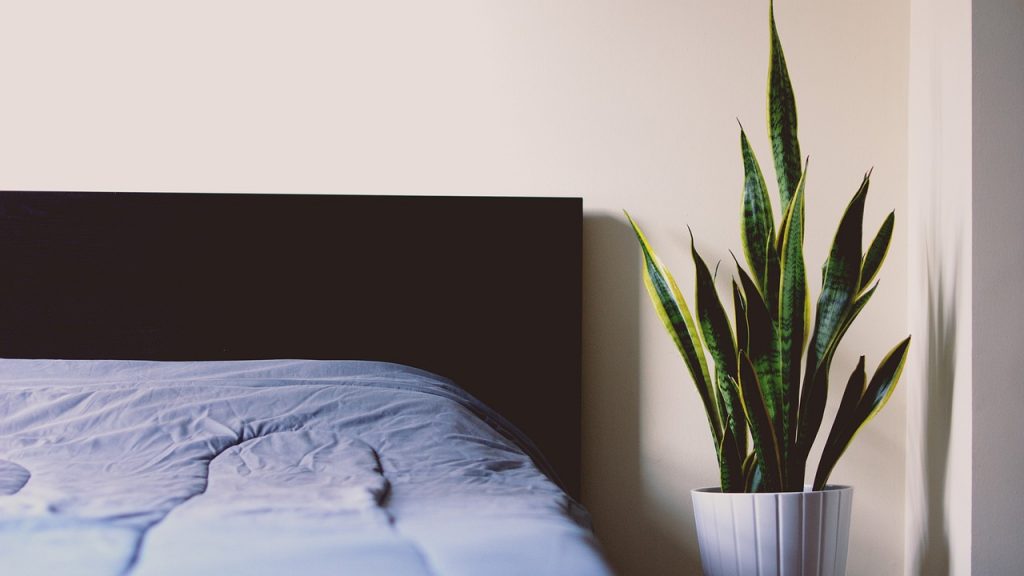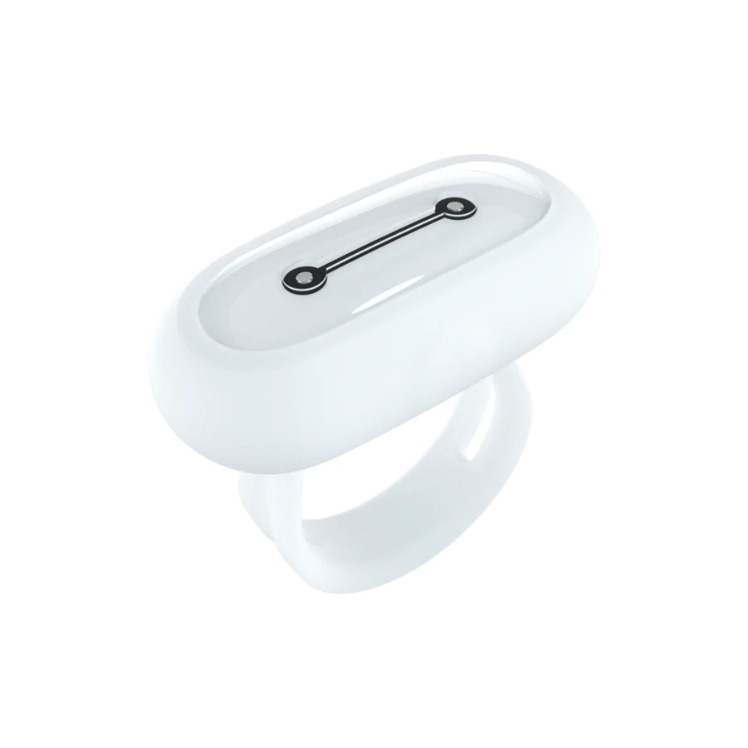20 Tips for How to Sleep Better and Improve Your Life
Introduction:
Sleep is crucial for our quality of life, as it profoundly affects our health, mood, and daily performance. In this article, we will share 20 valuable tips to improve sleep quality while introducing SLEEPON products and solutions to help you achieve better sleep. Whether you suffer from insomnia or simply want to enhance your sleep quality, these tips will be of great assistance.

Tip 1: Create a Comfortable Sleep Environment
A comfortable sleep environment is essential for deep sleep. Ensure the bedroom is at a suitable temperature with good ventilation. Use soft sheets, comfortable pillows, and the right blankets. Install blackout curtains to prevent early morning light from disturbing your sleep. Use a quiet electric fan or white noise machine to minimize noise disruptions.
The bedroom temperature typically works best between 18-22 degrees Celsius. This range can aid in falling asleep and staying comfortable. Additionally, choose breathable sheets and pillows to reduce sweat and discomfort. Regularly change your beddings to keep them clean. Finally, invest in a white noise machine or use natural sounds to mask environmental noise, promoting a quieter sleep environment.
Tip 2: Establish a Regular Sleep Schedule
Maintaining a regular sleep schedule helps your body establish a circadian rhythm. Try to go to bed and wake up at the same time every day. Avoid staying up late or sleeping in. This will help adjust your body clock, making it easier to fall asleep at night and wake up feeling refreshed.
Your circadian rhythm is influenced by consistent sleep timing. This means that going to bed and waking up at the same time each day helps tune your biological clock. Aim to keep this schedule consistent even on weekends. Establishing a regular sleep schedule can help your body produce melatonin, making it easier to fall asleep at night. If you need to change your sleep schedule, adjust gradually to avoid abrupt shifts.
Tip 3: Exercise Moderately

Moderate physical activity is beneficial for sleep. Regular exercise can enhance sleep quality, but avoid intense workouts close to bedtime to prevent overstimulation. It’s best to exercise during the day or in the early evening.
Moderate exercise can reduce anxiety and stress, promoting deep sleep. Regular physical activity can improve sleep quality and shorten the time it takes to fall asleep. Avoid vigorous exercise just before sleep, as it can stimulate your body, making it harder to fall asleep.
Tip 4: Diet Affects Sleep
Avoid heavy meals, especially spicy foods and excessive caffeine, close to bedtime. Try to have a light dinner several hours before sleep. Additionally, limit alcohol intake as it can lead to shallow sleep.
Evening meals should be light and easily digestible. Steer clear of excessive caffeine sources like coffee and chocolate as they stimulate the central nervous system, making it difficult to fall asleep. Spicy foods and large meals may cause stomach discomfort and interfere with sleep. It’s best to avoid heavy meals in the hours leading up to bedtime.
Tip 5: Avoid Caffeine and Alcohol
Caffeine and alcohol are common sleep disruptors. Avoid consuming caffeine from sources like coffee, tea, and energy drinks in the evening as it can keep you awake. While alcohol might help you fall asleep faster, it affects the deep sleep phase.
Caffeine’s stimulating effects can last for several hours, so avoid its consumption in the afternoon. Similarly, refrain from drinking alcohol at night as it can lead to light sleep and frequent awakenings. Try replacing caffeine and alcohol with warm milk or herbal tea to promote better sleep.

Tip 6: Deep Breathing and Meditation
Practicing deep breathing and meditation can help relax your body and mind, reducing anxiety and stress. Meditating before bedtime aids in achieving deeper sleep. Try spending some time each day on deep breathing exercises, focusing on your breath, relaxing your muscles, and reducing tension. Meditation exercises help clear your mind, creating better conditions for falling asleep.
Tip 7: Limit Screen Time
Avoid using electronic devices like smartphones, tablets, and TVs before bedtime. The blue light emitted from these devices can suppress the production of melatonin, making it harder to fall asleep. It’s recommended to stop using electronic devices at least an hour before bedtime to allow your brain to gradually enter a restful state. If you enjoy watching TV or using electronic devices at night, consider using screen filters or “night mode” to reduce the impact of blue light.
Tip 8: Soothing Music and White Noise
Gentle music or white noise can help you fall asleep. Many people find sounds from nature, such as ocean waves or bird chirping, particularly helpful. These sounds can mask environmental noises, making it easier for you to fall asleep. You can use audio devices or smartphone apps to play these soothing sounds or use specialized white noise machines.
Tip 9: Find the Right Sleep Position
Finding the right sleep position is crucial for comfort and deep sleep. Whether it’s sleeping on your back, side, or stomach, ensure that your spine is adequately supported. If you have back or neck issues, consider using specially designed pillows or mattresses to alleviate pressure. Rotating between different positions can help avoid prolonged pressure points, improving sleep quality.
Tip 10: Upgrade Your Mattress and Pillows
A comfortable mattress and the right pillows are essential for a good night’s sleep. Consider changing your mattress regularly to ensure it provides proper support. When choosing pillows, consider the support they provide for your neck and head. The height and firmness of the pillows should suit your sleeping position and personal preferences. The right mattress and pillows can significantly improve sleep quality.
Tip 11: Maintain Proper Room Temperature and Humidity
The bedroom’s temperature and humidity should be comfortable. Generally, lower temperatures and moderate humidity are better for sleep. If the bedroom is too hot or too cold, it can affect your sleep. Use air conditioning or a humidifier to regulate the room’s conditions, creating the most suitable environment for you.
Tip 12: Control Light
Use blackout curtains or an eye mask to block out early morning light. Darkness promotes deep sleep. Even the slightest light can disrupt your sleep, so ensure that the bedroom is dark enough to enhance sleep quality. Additionally, consider turning off the glowing indicator lights on electronic devices to reduce light disturbances.
Tip 13: Avoid Excessive Daytime Napping
While napping can sometimes help rejuvenate, excessively long naps can interfere with nighttime sleep. Try to limit daytime naps to a duration of 20-30 minutes to avoid sleep problems. If you need to nap, set an alarm to ensure it doesn’t exceed 30 minutes.
Tip 14: Reduce Stress and Anxiety
Managing stress and anxiety is a crucial part of improving sleep quality. Experiment with various stress-reduction techniques such as meditation, yoga, massage, or hot baths. Deep breathing exercises can also help you calm down. Allocating time for self-care and stress reduction can alleviate daily pressures, contributing to better sleep.
Tip 15: Understand Sleep Cycles
Understanding the sleep cycle is key to improving sleep quality. Deep sleep and REM sleep are essential for physical restoration and clearing brain waste. Keeping a regular sleep schedule helps optimize the sleep cycle. Deep sleep occurs early in the night, while REM sleep is more common in the later part of the night. Understanding these cycles can help you plan your sleep time better.
Tip 16: Use Sleep Tracking Devices
Use sleep tracking devices such as smartwatches or mattress sensors to monitor your sleep patterns. These devices provide valuable information about your sleep habits. They record your sleep depth, the number of awakenings, and sleep cycles, helping you gain a better understanding of your sleep patterns. By analyzing this data, you can adjust your sleep habits to achieve better sleep quality.
Tip 17: Explore Natural Therapies
Some natural therapies like aromatherapy and herbal remedies can help promote deep sleep. Lavender, valerian root, and chamomile are known to relax the body. You can diffuse these scents using a diffuser or use essential oils, or place some of these plants in your bedroom. These natural therapies can help you fall asleep and improve sleep quality.
Tip 18: Seek Medical and Professional Advice
If you experience severe sleep problems, don’t hesitate to seek medical or professional advice. Experts can provide tailored solutions to address your specific issues. They can conduct sleep studies, assess sleep disorders, and create personalized treatment plans. Seeking professional help is essential if you suspect you have sleep disorders.
Tip 19: Introduction to SLEEPON Brand
The SLEEPON brand specializes in providing high-quality sleep monitoring and improvement products. Their smart sleep tracker and other sleep product can help you better understand and optimize your sleep patterns. Learn more: www.sleepon.us
Tip 20: Share Your Sleep Success Story
Finally, share your sleep success story with us! We encourage you to engage with us on social media, helping more people learn how to improve sleep quality. Your experiences and advice can assist others in overcoming sleep issues and achieving better sleep. Share your story to inspire more people to focus on their sleep health.













